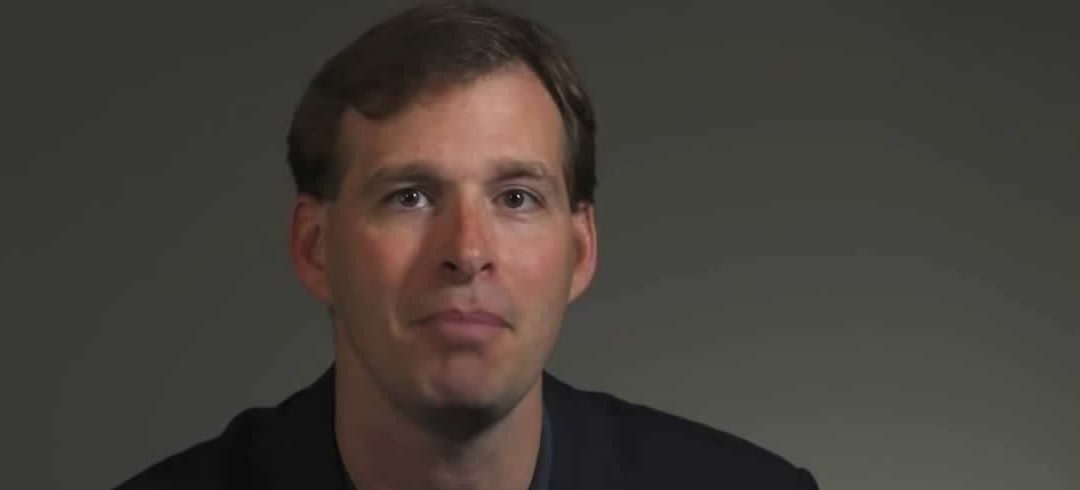- Online sports betting is being sold as more addictive than traditional wagering.
- State legislators should not vilify but emulate offshore sportsbooks to allay these concerns.
PROVIDENCE, R.I. – Sports betting legalization is a big issue across the country for the various states’ 2019 congressional sessions. Nearly universally, online and mobile sports betting is proving to be a sticking point for many politicians.
Whether these politicians are united in their stances by genuine concern is unknowable, but their statements – and the statements by some industry “experts” informing these politicians – do merit at least some skepticism.
Because online sports wagering is unambiguously the future – and is similarly the most profitable way for states to implement sports betting (as more participation statewide yields more tax revenue) – it is difficult to understand most arguments against it.
Online Betting: Illegal Expansion?
The most legitimate concern about online betting comes from lawmakers in states that require constitutional amendments for “gambling expansion.” These states, particularly those that require voter approval of such changes, have to consider potential lawsuits against legalization.
For example, Rhode Island Rep. Blake Filippi (R), the state’s House Minority Leader, is leading his party in threatening to sue if mobile sports wagering is passed into law. Per The Denver Post, Filippi supports sports wagering over the Internet, but he’s concerned about its constitutionality.
“I don’t support moving ahead when there are substantial questions about its legality. I think we should be asking for an advisory opinion from the Rhode Island Supreme Court before we build our budget around it and invest in the technology.”
There is similar sentiment in New York, with Gov. Andrew Cuomo declaring that any online sports betting legalization would require a public referendum. Indiana state Rep. Ben Smaltz (R-52) agrees. As online betting would exponentially broaden the reach of gambling, it constitutes a “significant expansion of gambling.”
Interestingly, none of these politicians seems to be of the opinion that legalizing sports betting, arguably the most widespread and popular form of gambling in the world, fundamentally comprises a referendum-required expansion of gaming. Thus, the standard here seems selectively and subjectively applied.
Gambling Addiction Worse Online?
Other politicians are against online gambling because, they say, it will increase the deleterious effect of addiction on the populace. This is a common appeal, and variations of it exist in every state considering legalization.
Oddly, this line of reasoning neglects comparison to already-legal gaming options. These include state lotteries, which historically prey upon gambling addicts in the lowest state income brackets.
Keith Whyte, executive director of the National Council on Problem Gaming, is heavily in the ear of many politicians. He advocates extreme government overreach in combating this contingency, including – according to the Post – “require[ing] that messages about responsible gambling be sent to people’s phones as they’re placing bets.”
Fortunately, spamming customers and interfering with their lawful transactions does not seem to be a realistic option for most states. But the premise that potential addiction of this specific type of gaming requires “stronger regulations” and “higher standards” is an attractive one, as such grows state oversight and industry control.
Rhode Island Rep. Teresa Tanzi (D) claims that sports wagering via mobile devices is especially worrisome and is an addiction double-whammy.
“We know cellphones are addictive and gambling is addictive. It’s two corrosive elements together, and we don’t know what those two things together will exponentially produce.”
Her goal is to delay legalization and implement a taxpayer-funded study first. She further wishes to increase taxation on the pastime for the purposes of funded government-administered oversight of “problem gamblers.”
There is no worth on whether or not Tanzi supports criminalizing smartphone use due to its alleged addictive nature, but this seems unlikely.
Think Of The Children!
Perhaps the most meme-worthy trope that keeps cropping up in the online sports betting debate is that of underage gaming. It seems that, because of the ubiquity of mobile devices, underage gaming will as a matter of course run rampant in the community.
Arizona state Sen. Sonny Borrelli favors legalizing sports wagering only at physical brick-and-mortar venues. Borrelli’s bill includes no provision for online-based sports betting, as he doesn’t trust existing technologies to guarantee adult-only participation.
DraftKings spokesman James Chisholm pushes back on this notion, though he is misleading the public in his own way. In advertising the age-verification standards of his own company, Chisholm promotes misinformation about existing online gaming products operating overseas (which are, naturally, easy bogeymen for the US politicians on both sides of the legal sports betting debate).
“I promise you that the offshore sportsbook in Costa Rica is not going through an age-verification process.”
Age Verification Is Already An Industry Standard
The above, of course, is false on its face. Further, it’s counterproductive for those – like DraftKings – who have a vested interest in online sports wagering legalization.
In reality, offshore sportsbooks – which have millions of US members and from whom US states are actively trying to recoup lost business – have for decades had extremely effective age-verification systems in place.
Sports betting is a financial product, and because the whole point is to transfer funds (both in the form of wagers and as winnings) from one party to another, these transactions are tied to extant banking standards.
For example, in order to claim any payout from an offshore sportsbook website, one must as a matter of course submit two forms of government-issued identification and evidence of residence (i.e. power bills, utility bills, etc.).
Instead of fanning the flames of public “morality” debates re sports betting legalization, perhaps state representatives would be better served to learn from the existing online gaming industry.
Online gambling has existed for over 20 years, and the product is already refined. These should serve as models for emulation, and should honesty win the day, perhaps they eventually will.
Advertising Disclosure
In order to provide you with the best independent sports betting news and content LegalSportsBetting.com may receive a commission from partners when you make a purchase through a link on our site.
News tags: Rhode Island | Rhode Island sports betting

Andy has been writing professionally for nearly two decades, with the last three years being dedicated to his primary passions: sports wagering news and gambling industry analyses. A walk-on punter, Andy has a particular interest in professional football, baseball, and horse racing betting. Come early May, you can always catch Andy – clad in all white, mint julep in hand – on Millionaires Row at Churchill Downs. In his dreams.


 Bitcoin Sports Betting Sites
Bitcoin Sports Betting Sites Best Online Sports Betting
Best Online Sports Betting Famous Sports Bettors
Famous Sports Bettors States With Legal Sports Betting
States With Legal Sports Betting Sports Betting Events
Sports Betting Events




